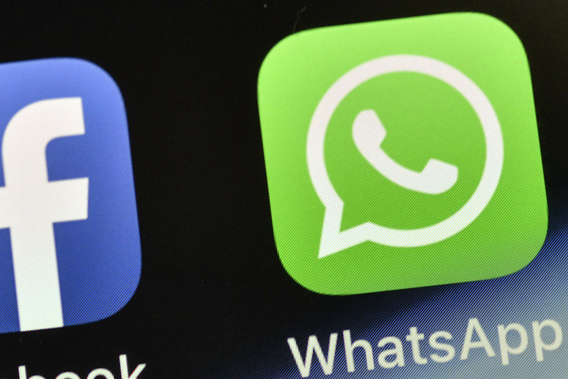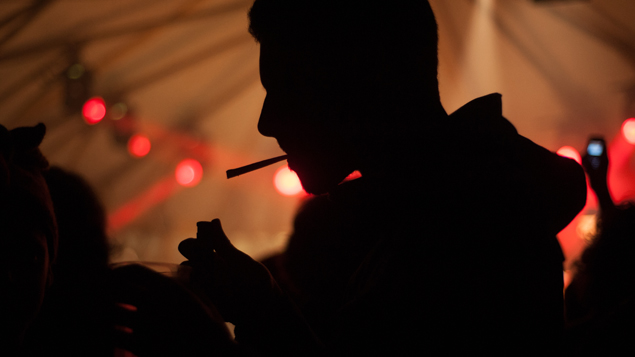
Research has revealed an extraordinary amount of illegal drugs social media channels, with apps like WhatsApp and Wickr featuring prominently due to their ability to encrypt messages.
People who had bought drugs online were interviewed. Most had bought drugs such as cannabis, MDMA, ecstasy and LSD through social media.
Massey University's Chris Wilkins told Summer Breakfast how visible illegal online purchasing was.
"There's a variety of coded ways that drugs can be advertised, but a lot of these transactions are happening among peer groups - friends of friends who already have liked each other and are part of a social group."
Some apps, such as Wickr, offer self-deleting messages and allow anonymous sign-ups to the app, he said.
The group interviewed wasn't a representative of the wider population, the research was conducted to learn new trends in the drug market and drug use, which meant a sample was used with higher drug use than the wider population.

Wilkins said this group was needed to know the prices and availability of contraband and the issues around buying it.
Asked about how risky it was for dealers to use apps, considering police recently infiltrated particular encrypted online groups, Wilkins said the conversation was around a new form of communication technology.
"But in other ways, we're talking about very traditional problems - police can infiltrate an online chat group and then go through and identify the dealer," he said.
"What social media, the social media communication apps offer is more encryption - so it's harder to find who you're talking to."
Wickr users can remain anonymous even if police infiltrate the group they're part of.
"I think it's inevitable much younger people are digitally savvy about the different apps that are happening, and how to sign up and use them and their peers are on those groups," said Wilkins.
"Back in the day, you used to have to be a certain type of young person to have contact with drug markets, so you used to have to know people physically and have credibility with those people."
Wilkins noted any digitally connected young person could connect with online advertisements for groups selling illegal products.
"I think that's the concern - they don't have the same knowledge about drug use, and they can be introduced to something they don't know much about."
Wilkins hopes that the results of the research will provide better opportunities for drug education and prevention, particularly for the groups of young people who aren't aware of the dangers of such products.
"Engage with them directly with knowledge and make them aware of the risks," said Wilkins.
“There’s opportunities there but we have to change our mindsets a little around how we engage and contact young people in these days."
Take your Radio, Podcasts and Music with you









